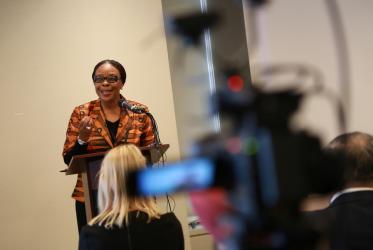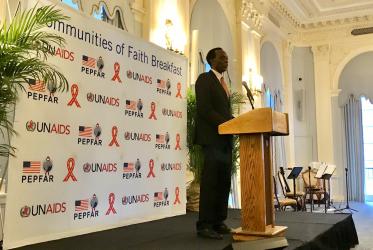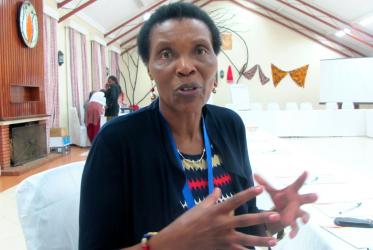Affichage de 1 - 20 de 20
In Zambia, foreign investors complicate “economy of life”
06 Septembre 2017
Les investisseurs étrangers compliquent l'«économie de la vie» en Zambie
06 Septembre 2017
GEM School: integrating theology and economics
05 Septembre 2017
École GEM: comment concilier théologie et économie
05 Septembre 2017
Zambia: “On HIV, we do not compete. We work together.”
20 Octobre 2016
Kenya: Voice of faith communities crucial in overcoming HIV
14 Octobre 2016
Churches have a special role to play in HIV response
18 Novembre 2014
Churches must create and sustain healthy communities
09 Avril 2013
Churches engage in development dialogue on Africa
06 Mars 2013







